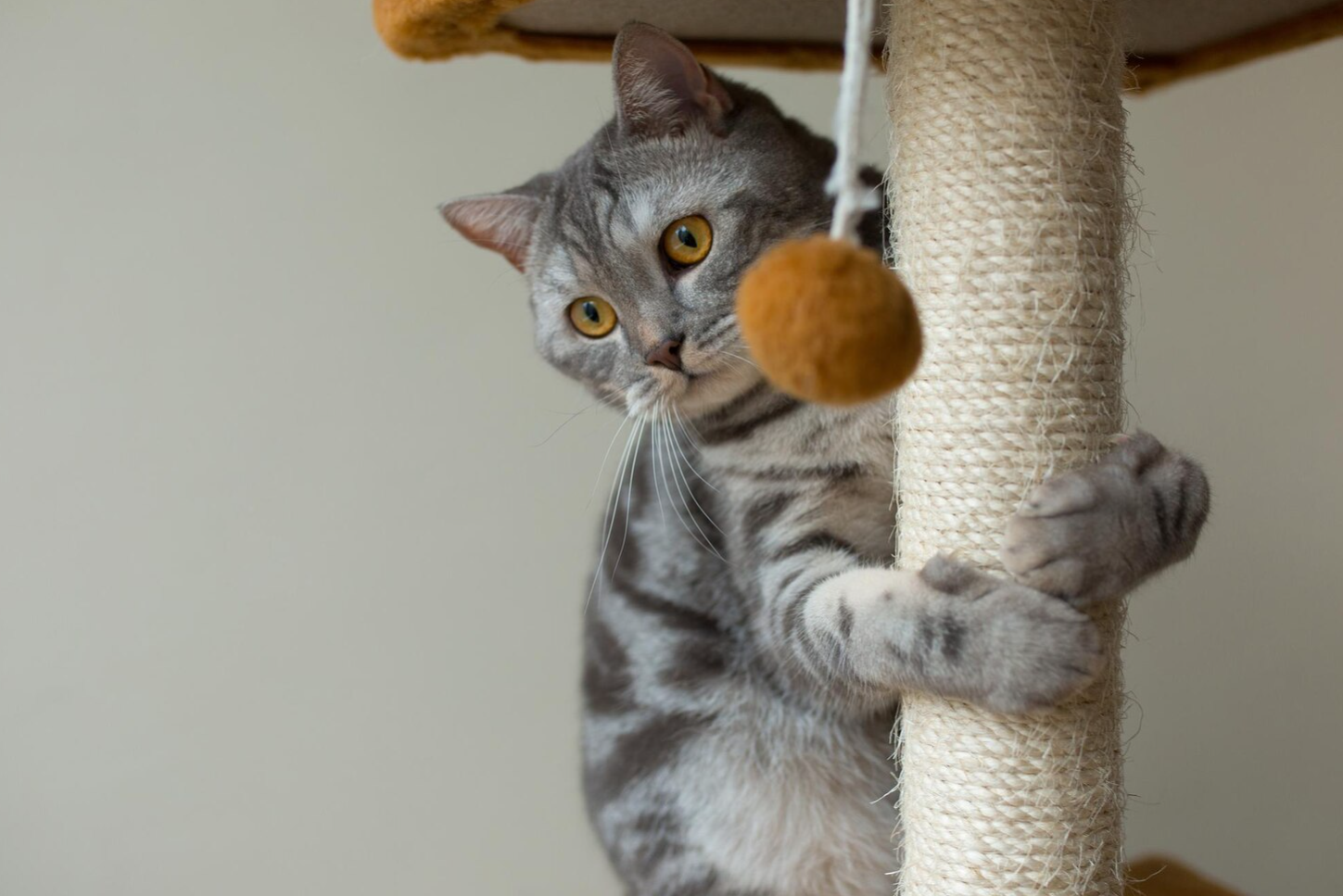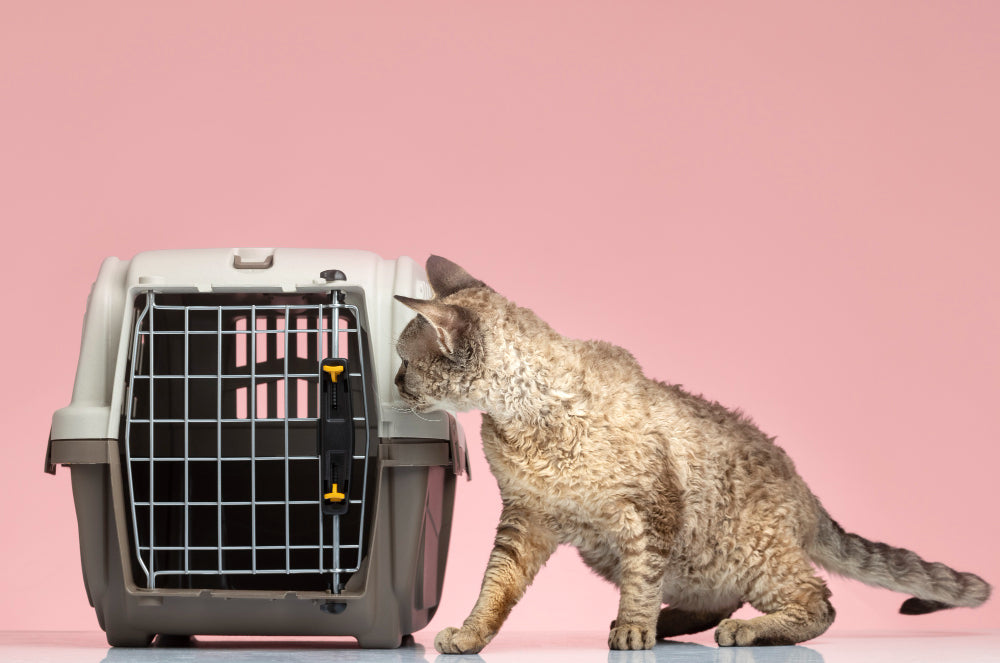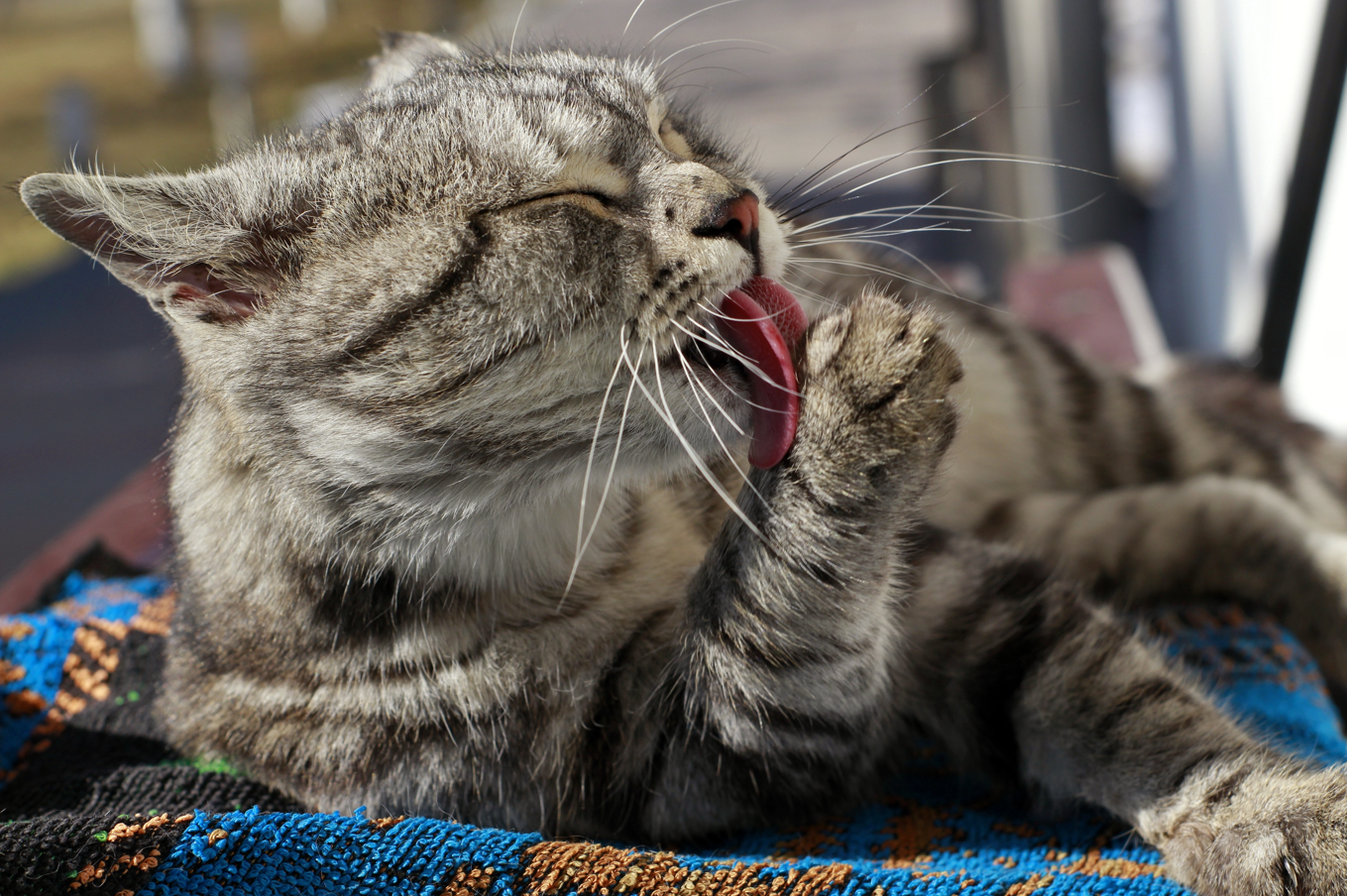
A budgie as a pet: your first time with a bird, what's involved?
, by Michael van Wassem, 10 min reading time

, by Michael van Wassem, 10 min reading time
Parakeets are active, social, and intelligent birds. They love attention, enjoy playing with toys, and communicate a lot – both with their own kind and with their owner. They are social animals that live in flocks in the wild, meaning they don't like to be alone. Keeping a parakeet alone is possible, but as an owner you must spend a lot of time with it daily. If you don't have the time for that, it's strongly recommended to get two parakeets. Parakeets can be quite noisy: they chirp, call, and "chat" cheerfully throughout the day. In addition, they regularly shed feathers, especially during molting, which is perfectly normal. Parakeets can live between 6 and 15 years, depending on the species and care.
Although parakeets are small animals, they can develop serious problems if they don't receive proper care. Boredom is a common problem for solitary birds lacking stimulation; this can lead to feather plucking, aggression, or apathetic behavior. Obesity is also frequent, especially with insufficient exercise or too many snacks. Another common problem is beak or nail growth, usually due to a lack of suitable perches or chewing material. Also be careful with drafts or sudden temperature changes – parakeets are very sensitive to these and can quickly become ill. Be alert to changes in behavior, appetite, or droppings, and always consult a veterinarian experienced with birds if you have any doubts.
Main course
The foundation of a healthy diet. Parakeets need a balanced staple diet of seeds, grains and/or pellets that are appropriate for their species and life stage.
Supplementary feeding
Supplementary foods such as vegetable or fruit blends that provide variety, extra vitamins, and stimulate natural eating behavior.
Bird snacks
Reward snacks or treats that help with training, strengthening your bond, or simply as a tasty change.
Supplements for birds
Extra support for the immune system, feathers, digestion or during molting. Important with a one-sided diet or stressful periods.
Birds foraging
Toys that require your parrot to actively forage for food. This prevents boredom, stimulates the brain, and mimics natural behavior.
Bird sand & grit
Important for the digestion of seed-eating birds and for keeping the cage bottom fresh and clean.
Bird cages & aviaries
A safe and spacious living environment is essential. Parakeets need space to move around, fly, sleep, and retreat.
Food & water bowls
Sturdy and hygienic bowls for fresh water and food every day. Choose models that won't tip over or get dug up.
Perches for birds
Essential for healthy paws. Vary the thickness and material to prevent pressure sores or foot deformities.
Ground cover plants for birds
Absorbs moisture and odors, makes cleaning easier, and keeps the cage hygienic.
Mirrors for birds
Some parakeets find comfort or distraction in a mirror. Note: this is not a substitute for a companion of the same species or attention from the owner.
Climbing ropes, nets & ladders
Stimulates climbing, scrambling and movement in the cage. Good for the body and prevents boredom.
Swings for birds
Many parakeets find swings relaxing and fun. It also helps with balance and muscle control.
Hanging bird toys
Colorful toys to peck at or play with. Keeps the bird occupied and prevents problem behavior.
Intelligence toys for birds
For smart birds that need a challenge. Provides mental stimulation and prevents boredom.
Bird sleeping huts
A sheltered spot to rest. Especially important in larger cages or when keeping multiple birds.
Nail care for birds
Prevents nails from growing too long, which can lead to pain or difficulty sitting. Can wear down naturally with rough perches or special files.
Bird feather care
Helps maintain a shiny and healthy plumage. Important during molting or for birds that pluck their own feathers.
Bird transport boxes
For safe transport to the vet or shelter. Provides calm and protection during stressful times.
Vitamins for birds
Supplement to address nutritional deficiencies or to strengthen the immune system. Ideal during recovery, molting, or changes in diet.
Step 1: Learn about the different types of budgies
Choose consciously: budgerigar, cockatiel, budgerigar, etc. Read about their lifestyle and behavior. Preferably buy from a certified breeder or rescue center.
Step 2: Prepare your home
Place the cage in a draft-free location, out of direct sunlight and not too close to a window or heater. Ensure there is enough rest, but also sufficient contact time.
Step 3: Gather all the necessary supplies
Use the checklist above and order everything you need before the bird arrives. Don't forget the right food: check out the main food and supplementary food options .
Step 4: Pick up the parakeet
Ensure a safe transport box and a peaceful arrival home. Let the bird get used to the cage before making active contact.
Step 5: Ensure daily care and variety.
Parakeets are active animals that need stimulation. Regularly change their toys, offer snacks such as appropriate bird snacks , and closely monitor their health and behavior.
The purchase price of a budgie usually ranges between €25 and €100, depending on the species. But that's not all.
Cage or aviary: €75 - €200
Furnishings (perches, swing, toys): €50 - €100
Food and water bowls: €10 - €30
Transport box: €15 - €30
Food & supplements: €10 - €25
Snacks & supplements: €5 - €10
Ground cover & gravel: €5 - €15
Any veterinary costs, nail or beak trimming: variable
A budgie can therefore quickly cost €300 to €500 in the first year, excluding veterinary visits. Keep this in mind to prevent disappointment or rehoming.
While parakeets can be wonderful companions, there are also some less pleasant aspects to be aware of:
They make noise (whistling, shouting) – even very early in the morning.
They make a mess: feathers, leftover seeds, and poop all around the cage.
They live quite a long time: 6 to as many as 15 years.
They really need daily attention and care.
You can't always pick them up or cuddle them like a dog or cat.
They are sensitive to stress, drafts, nutritional deficiencies, and boredom.
I have done my research on budgerigars through reliable sources such as the LICG.
I have placed a suitable cage or aviary.
I have perches, food bowls, bedding, and toys ready.
I have the right food and supplements at home.
I've been thinking about the recurring costs.
I have the time and attention to care for the parakeet daily.
I might have a vet nearby who has experience with birds.
A budgie isn't an impulse buy, but with proper preparation, it can be a wonderful companion. Check out our full range of bird products at Fidello.nl and give your budgie a healthy, safe, and stimulating home.
Do you already have a budgie? Share a photo with us via klantenservice@fidello.nl and receive a 10% discount on your next order!
Would you like to receive a printable checklist or step-by-step plan? Send an email with the subject "Parakeet Checklist" to klantenservice@fidello.nl , and you'll receive it in your inbox for free.


